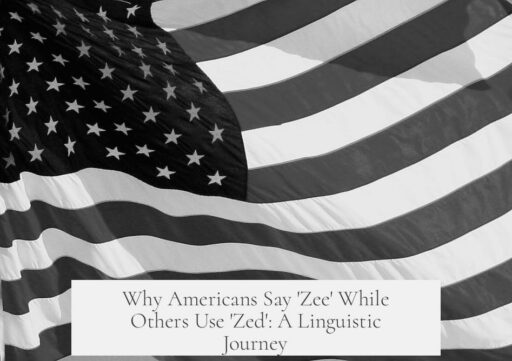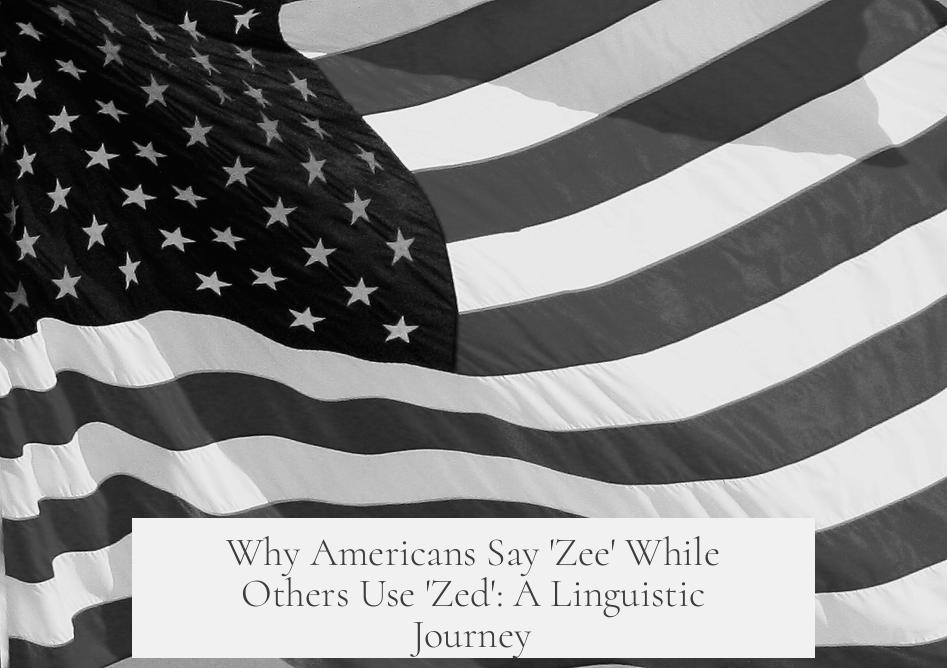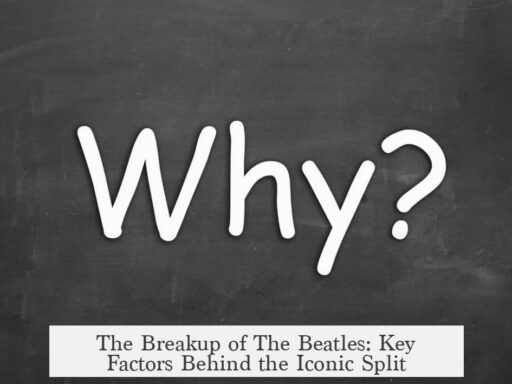Americans pronounce the letter Z as “zee,” while most other English-speaking countries use “zed” because “zed” was the original pronunciation derived from the Greek “zeta,” and “zee” emerged later as an alternative form that gained popularity in America largely due to Noah Webster’s influential dictionary in 1828 and analogical linguistic preferences.
Originally, English speakers pronounced the letter Z as “zed.” This form came directly from the Greek letter “zeta,” reflecting the strong historical roots of English pronunciation patterns. In fact, “zed” remains the standard in British, Canadian, Australian, and other Commonwealth English varieties. The letter’s name passed down from Old French and Latin, all closely tied to “zed.”
The alternative pronunciation “zee” appeared in England during the seventeenth century. Thomas Lye’s New Spelling Book (1677) in Britain recorded “zee,” showing this variant was not originally limited to America. “Zee” gained footing by analogy with other letters that end with an “ee” sound, such as “bee,” “cee,” and “dee.” This shape aligns the letter name with the common pattern of English alphabet pronunciation.
Noah Webster, a lexicographer pivotal for the divergence of American English, cemented the use of “zee” in the U.S. through his 1828 dictionary. Webster advocated for “zee” explicitly, which in part institutionalized its use in American schools and print. His influence helped establish “zee” as the standard American pronunciation.
- Webster’s preference reflected his New England background, where “zee” was common.
- Other American regions showed variation: the South often used “zed,” and states like Pennsylvania sometimes wavered between pronunciations.
- Several American dictionaries published after Webster still included “zed,” indicating mixed usage before “zee” dominance.
Phonetically, “zee” attracted support because it simplified the alphabet’s sound pattern. Linguist Henry Phillips noted that “zee” was a schoolmaster’s effort to remove the unfamiliar sound of “zed.” By aligning Z’s pronunciation with the “-ee” endings of other letters, it sounds more consistent and easier to remember, promoting analogical change common in many languages.
Despite some theories, the full reason why “zee” became the dominant American form remains unclear. Speculations include:
- Post-Revolutionary War attempts to break cultural ties with Britain.
- The influence of diverse immigrant populations encouraging linguistic shifts.
These ideas lack definitive historical proof and are considered mostly guesses by linguists. Thus, the popularity of “zee” in America appears to be a product of dictionary standardization, regional use, and analogical pronunciation rather than a deliberate political or cultural movement.
Historically, other pronunciations such as “izzard” existed. The term “izzard” likely derived from the French variant “ézed,” which itself comes from Greek origins. This shows that, before standardization, many names competed for the letter Z, including “zod” and “izzard,” emphasizing the fluidity in early English phonology for the letter.
| Aspect | Details | Sources/Evidence |
|---|---|---|
| Original Pronunciation | “Zed,” from Greek “zeta” | Historical English and Greek origins |
| Emergence of “Zee” | 17th-century England, by analogy with bee, cee, dee | Thomas Lye’s 1677 book; British usage |
| Noah Webster’s Influence | 1828 dictionary made “zee” American standard | Webster’s 1828 American dictionary |
| Regional Variation | New England favored “zee”; South used “zed”; Pennsylvania mixed | Henry Phillips’ observations |
| Linguistic Reason | Analogy to other letter names ending in “ee” simplifies sound | Phillips’ linguistic analysis |
| Uncertain Dominance Reason | Cultural separation and immigration theories lack strong evidence | Speculative theories without documentation |
| Other Variants | “Izzard” and “zod” historically recorded | Historical English usage records |
In sum, the American “zee” pronunciation results from a mix of historical development, lexicographical authority, and linguistic analogies. The original “zed” form persists across most English-speaking countries, but America’s linguistic evolution favored a simpler, more consistent pattern aligned with other letter names.
- The letter Z’s original English name was “zed,” linked to Greek “zeta.”
- “Zee” emerged in 17th-century England, inspired by letter name patterns.
- Noah Webster formalized “zee” in America through his 1828 dictionary.
- Regional differences existed within the U.S. before “zee” dominated.
- “Zee” aligns with other alphabet letter names ending in “-ee” for consistency.
- Multiple theories exist for the American preference, but none are confirmed.
- Historical pronunciations were varied; “izzard” was another notable name.
Why Do Americans Pronounce the Letter Z as ‘Zee’ Whilst the Rest of the English Speaking World Pronounces It ‘Zed’?
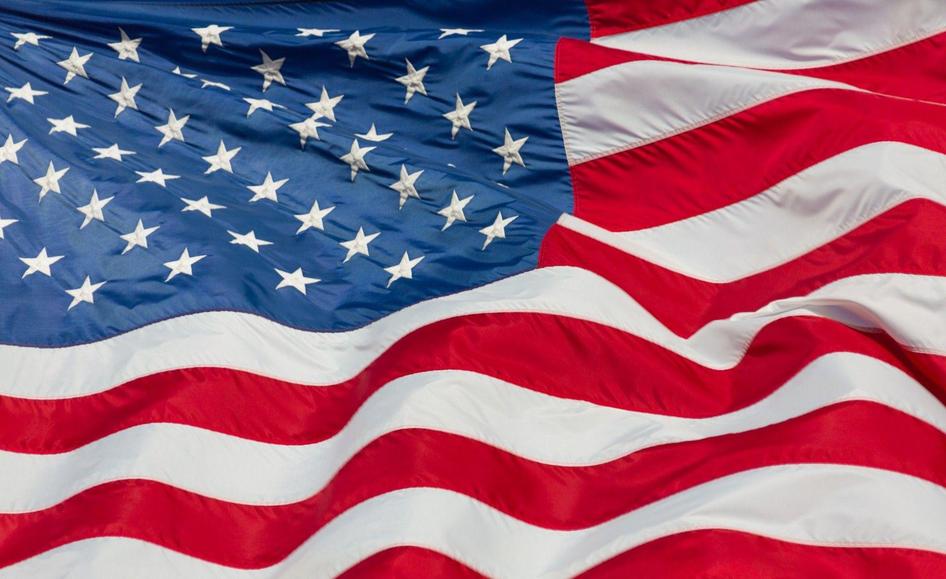
American English speakers say “zee” for the letter Z, whereas most other English-speaking places say “zed.” This difference traces back centuries and is rooted in history, linguistic patterns, and America’s unique cultural evolution.
Before diving into the whys, here’s an interesting fact: “zed” was the original English pronunciation, directly taken from the Greek letter zeta. So if you grew up saying “zee,” you’re actually using a later development, not the original sound.
The ‘Zed’ Story: The Classical Root
In old-school English, the letter Z was called zed. This comes from the Greek “zeta,” which found its way into Old French as “zede,” and then into English. You can still hear “zed” today in parts of the Commonwealth—Canada, Australia, and the UK all stick with it. Saying “zed” aligns with the traditional, etymologically faithful pronunciation.
Enter ‘Zee’: The 17th Century Innovation
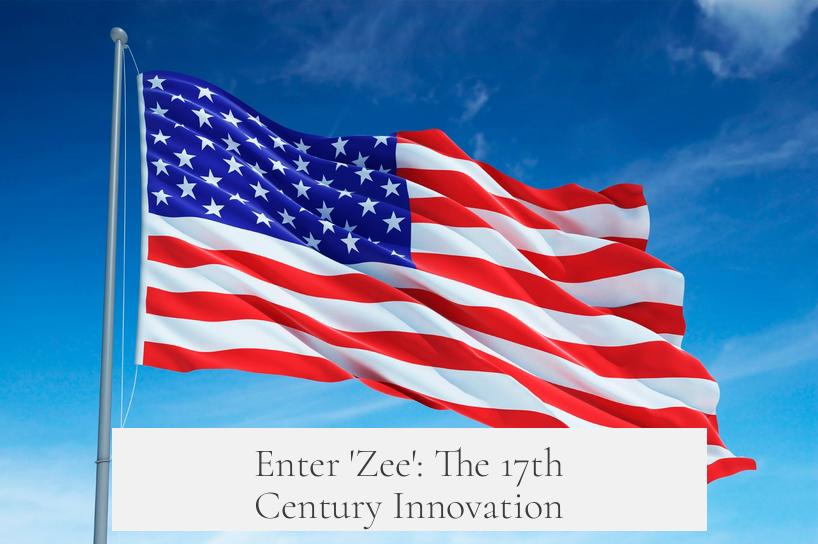
But wait—how did “zee” sneak in? The story begins back in 17th-century England. By analogy with other letter names, like “bee,” “cee,” and “dee,” some folks started pronouncing Z as “zee.” This new name stuck around and, crucially, was carried across the Atlantic during early colonization.
In 1677, Thomas Lye penned Lye’s New Spelling Book in Britain, documenting “zee” as a pronunciation for Z.
So, “zee” was already making British waves before American English became a thing. It wasn’t some wild colonial invention—it was there, simmering on the English linguistic stove.
Noah Webster: The Man Who Said, “Let’s Call It Zee!”
Fast-forward to 1828 America, and Noah Webster steps onto the scene. You might know him as the dictionary guy who gave American English its distinct voice—he simplified spelling and standardized usage. In his famous dictionary, Webster didn’t just shy away: He flat out declared “zee” as the correct American pronunciation.
This wasn’t just a casual suggestion. Webster’s endorsement sealed the deal, ensuring that generations of Americans learned “zee” instead of “zed.”
“What *is* known is that the matter of correct pronunciation was fairly well laid to rest by decree in that most famous of American dictionaries: that of Noah Webster.”
Regional Flavors: America Isn’t Entirely “Zee” Nation
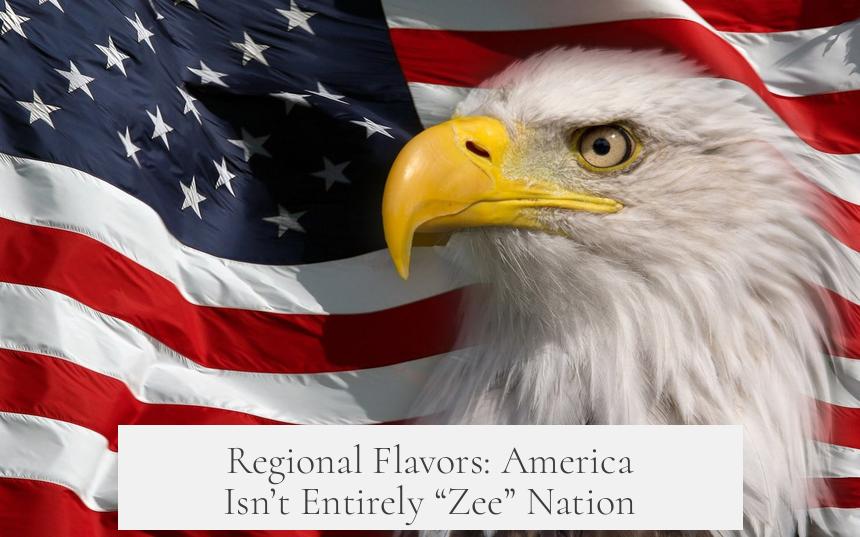
Hold on! Not every American says “zee.” If you visit the South, you might hear “zed.” Some Pennsylvanians seem undecided, wavering between the two like a linguistic pendulum. This regional variation suggests the picture is more complex than often thought.
One scholar, Henry Phillips, observed that Webster’s preference for “zee” likely came from his New England roots—a bit like deciding that your hometown BBQ sauce is the only true sauce. Other places hung onto “zed” or juggled between pronunciations.
Why Did ‘Zee’ Make Sense? The Linguistic Logic
There’s a straightforward linguistic reason behind “zee.” It sounds neat with the other letter names ending in an “-ee” sound: bee, cee, dee, pee, tee, and vee. “Zed” breaks that nice chain, feeling out of place. Changing “zed” to “zee” fits more smoothly in rhythm and rhyme, making it easier to teach and remember, especially in school.
Imagine a schoolmaster trying to make the alphabet roll off the tongue effortlessly. “Zee” just flows better.
Compare it to other odd historical variants like “izzard” or “zod.” Those didn’t catch on widely—“zee” did, probably because it matched patterns better.
Did Americans Invent ‘Zee’? Not Exactly.
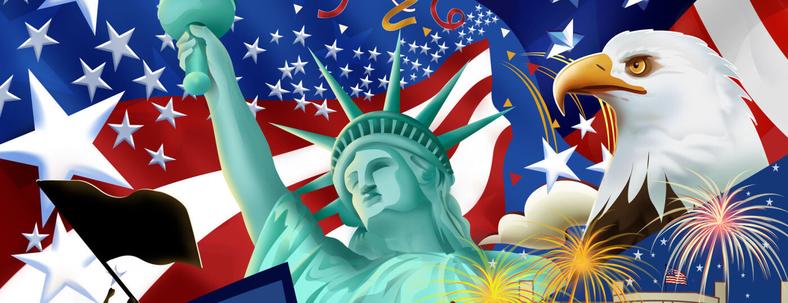
Many people assume “zee” is a uniquely American creation. Actually, it shows up first recorded in Britain, more than a century before Webster’s dictionary. Thomas Lye’s spelling book in 1677 included “zee,” proving it was a living alternative in England.
So, Americans inherited the pronunciation and later cemented it, rather than creating it from scratch.
Why Did ‘Zee’ Win the American Battle?
Now, here’s where things get mysterious. Why did “zee” become dominant in the countries that dropped their monarchy to form a new nation? There is no definitive answer, just some fun theories:
- Cultural independence: After the Revolutionary War, Americans sought ways to express their distinct identity, including in language. Perhaps choosing “zee” was part of this cultural separation.
- Immigrant influence: America’s immigration mosaic might have introduced or favored “zee” due to diverse linguistic backgrounds.
- Webster’s dictionary clout: Perhaps most practically, Noah Webster’s dictionary became the linguistic bible in America, and his preference shaped the norm.
However, none of these theories hold solid proof. They’re thoughtful guesses but remain just that.
Let’s Not Forget: There Were More Weird Names for ‘Z’
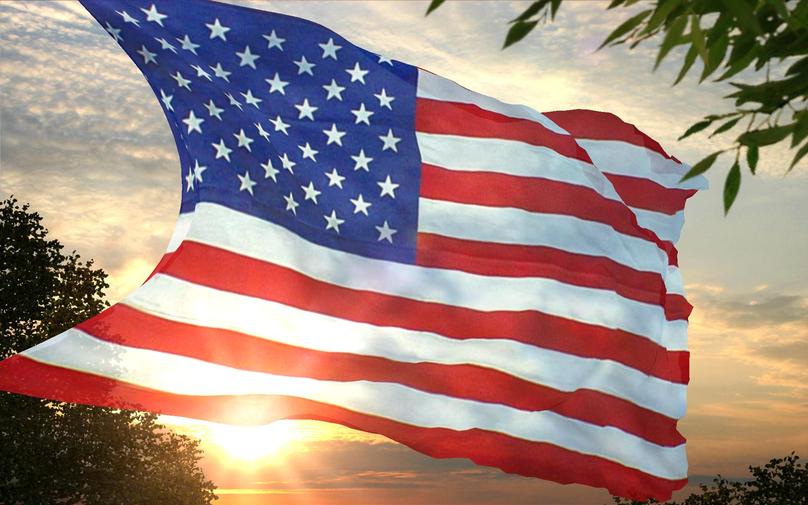
It wasn’t always a simple “zed” or “zee” battle. Historically, other peculiar names like “izzard” (likely from the French “ézed”) and “zod” were around. These whimsical variants didn’t stick. The alphabet is full of surprises, but standardization won out to make life simpler.
Summary Table: A Quick Snapshot of ‘Zed’ vs ‘Zee’ History
| Topic | Details | Key Points |
|---|---|---|
| Original Form | Zed, from Greek zeta | “Zed” is the historical, traditional English form. |
| Emergence of Zee | 17th-century England, by analogy with other letters | “Zee” was an alternate pronunciation already used before America’s colonization. |
| Noah Webster’s Role | 1828 dictionary codified “zee” in America | Webster gave “zee” official American approval, popularizing it. |
| Regional US Variations | New England mostly “zee,” South mostly “zed,” Pennsylvania mixed | Not all Americans stick with “zee.” |
| Linguistic Reason | Analogy with other “-ee” letter names | “Zee” fits better with bee, cee, dee, etc. |
| Zee Pre-America | Recorded in Britain (Lye’s spelling book, 1677) | “Zee” wasn’t uniquely American in origin. |
| Why Zee Dominated | Theories but no solid evidence | Cultural separation, immigrant mix, and dictionary influence all suggested. |
| Other Pronunciations | Izzard, zod, etc. | Several variants existed before standardization. |
Wrapping Up the Z Saga
The American “zee” versus the British “zed” is not just a quirky accent difference; it’s a small window into how language evolves, influenced by history, education, and culture.
The original letter name “zed” still thrives across the globe. “Zee” was an England-born alternative, carried to America and championed by Noah Webster, whose dictionary made it the American standard. The preference matters less than the story it tells about identity, influence, and the quirks of human communication.
If you’re teaching kids the alphabet, you might choose “zee” for its rhythm, but remember: Call it what you want, the Z is still the Z. Whether you snap, crackle, pop, or zing, that last letter always ends the charade.
So, next time you hear “zee” or “zed,” you’re really listening to centuries of language history, playing out between a continent and an ocean.
